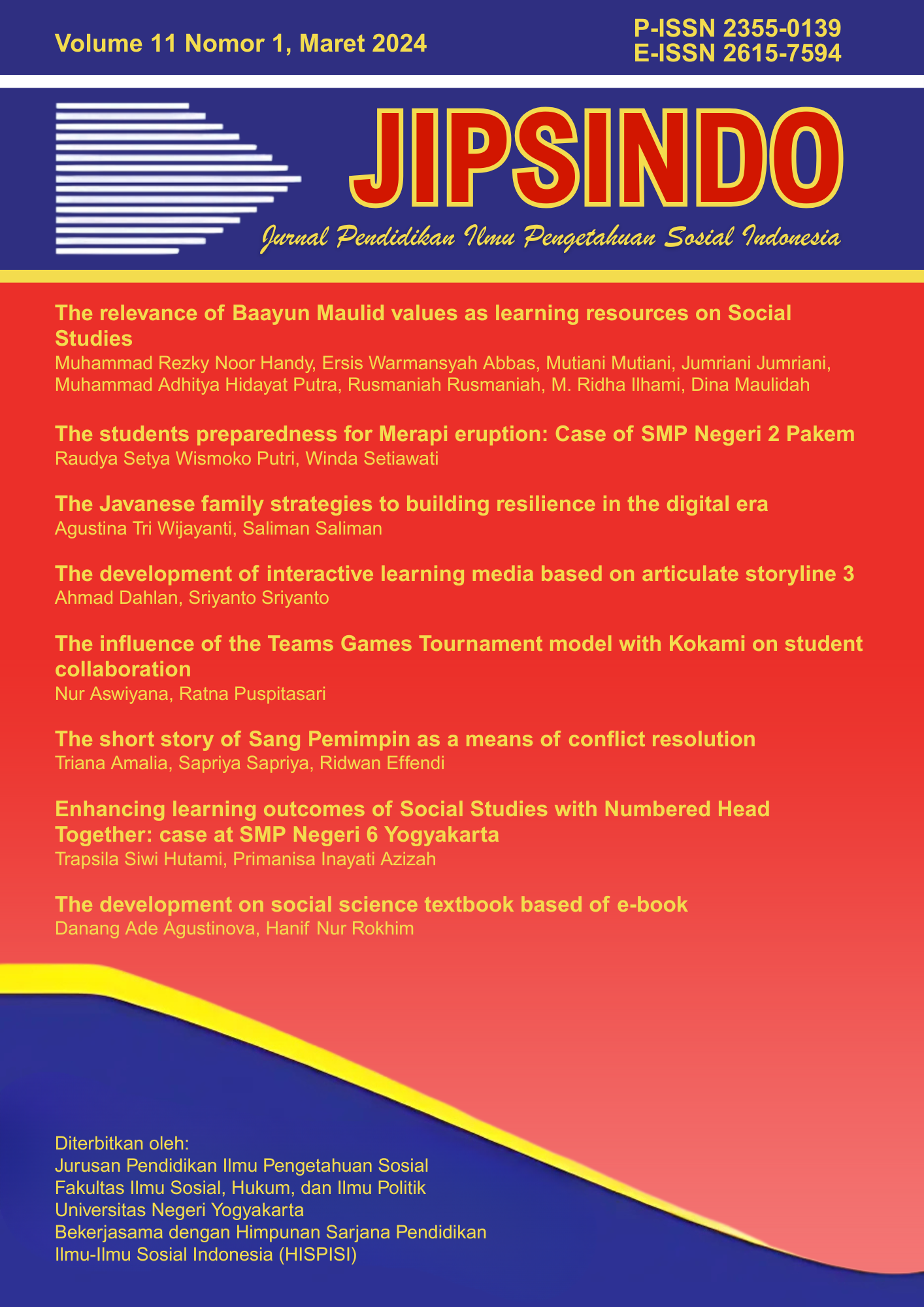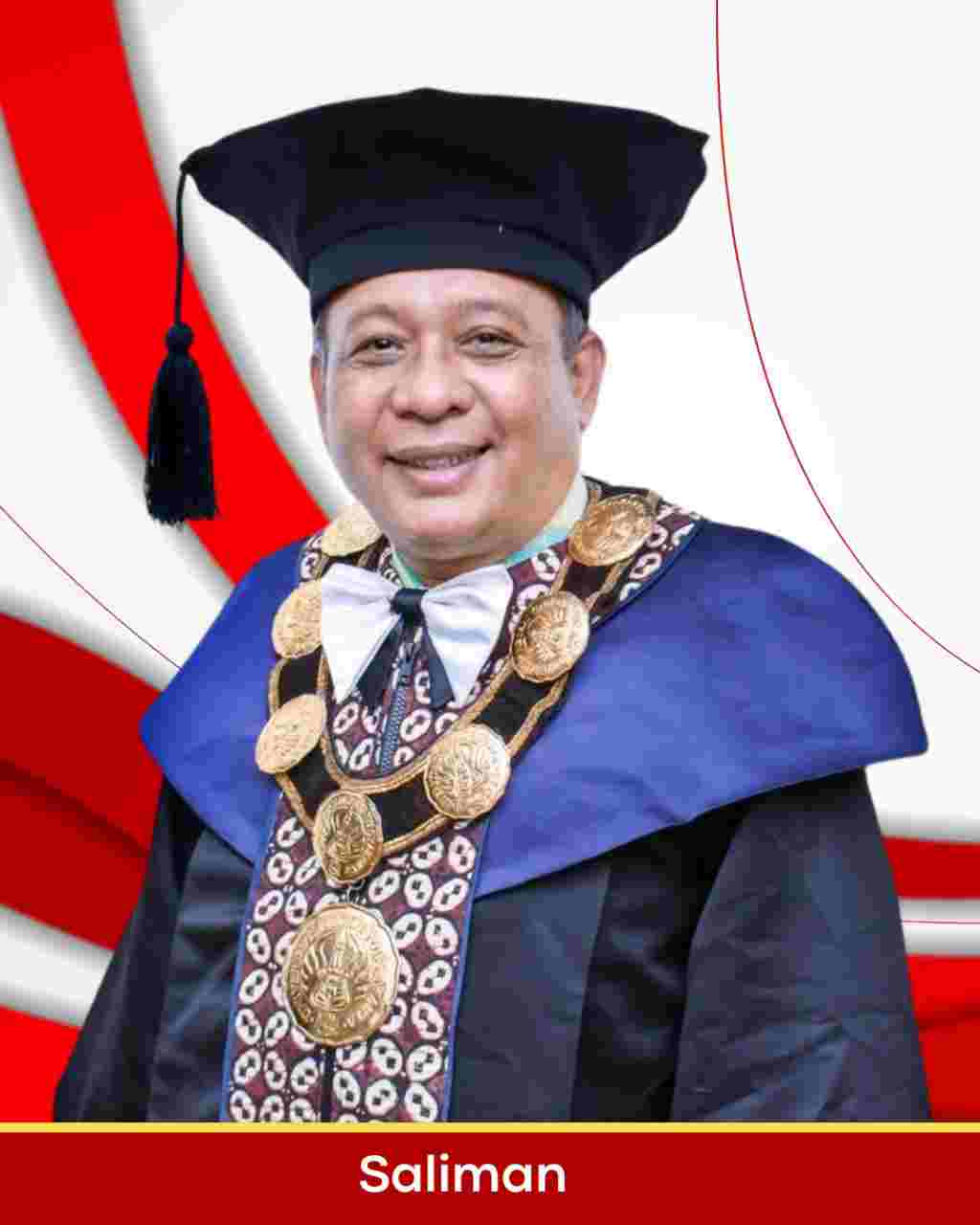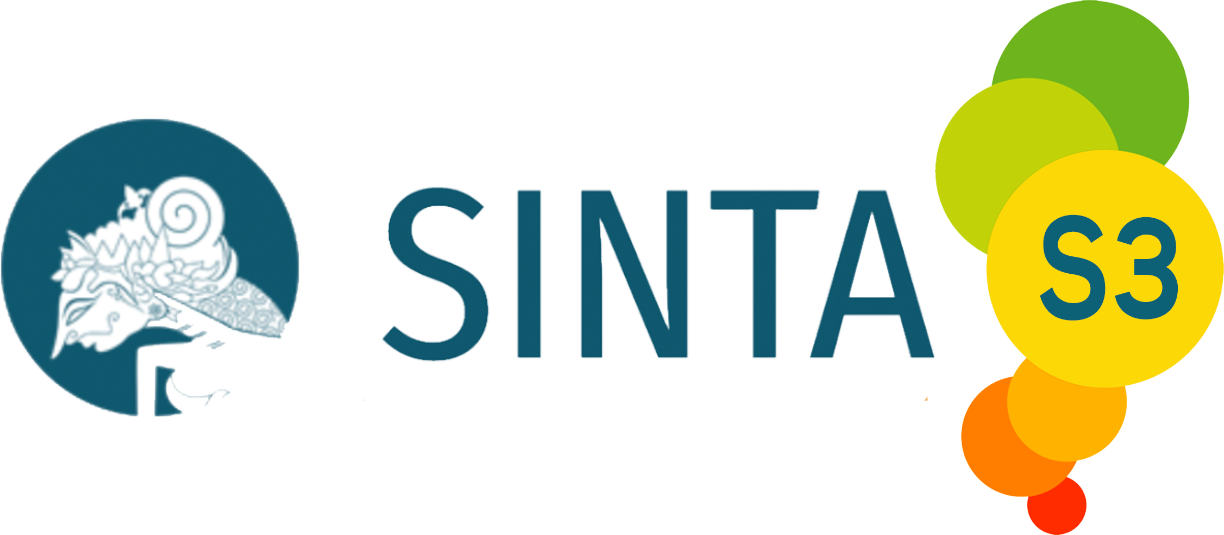Gender education in the practice of women's agricultural laborers in Enrekang Regency
DOI:
https://doi.org/10.21831/jipsindo.v9i2.51641Keywords:
Gender Educations, Equality, Women's Laborer, Enrekang RegencyAbstract
This study aims to determine the implementation of gender education values in the socio-economic life of female farmers in Enrekang Regency. The values of gender education in this study are viewed from the aspect of knowledge about gender, practices related to the importance, and gender relations to improve the level of the economic welfare of women farmers. This study uses a case study approach, involving 8 informants who were selected using a purposive technique. Data was collected by using documentation techniques and deepening with instruments in the form of interview guides. The results of this study indicate that in general the term gender is not widely known by female farm workers in this area. They do not know much about the division of roles in Islamic teachings, they only understand that every woman must obey her husband. The division of roles in the home life of women farm workers is well integrated. They have never heard of or received stereotypes, marginalization, or work dichotomy based on sex, nor has there been any pressure from their husbands to join or not work to help the household economy. All are based on economic considerations, and a mutual understanding of household conditions. Homework that is not natural can be done alternately between husband and wife. This study did not find any government programs or activities in the form of empowerment that supports gender mainstreaming or gender education so it became one of the important points in the research.
Pendidikan Gender dan Praktiknya pada wanita petani di Enrekang
Penelitian bertujuan untuk mengetahui implementasi nilai-nilai pendidikan gender dalam kehidupan sosial ekonomi petani perempuan di Kabupaten Enrekang. Penelitian ini menggunakan pendekatan studi kasus, dengan melibatkan 8 informan yang dipilih dengan menggunakan teknik purposive. Pengumpulan data dilakukan dengan teknik dokumentasi dan pendalaman dengan instrumen berupa pedoman wawancara. Hasil penelitian ini menunjukkan bahwa secara umum istilah gender tidak banyak dikenal oleh perempuan buruh tani. Mereka tidak tahu banyak tentang pembagian peran dalam ajaran Islam, mereka hanya mengerti bahwa setiap wanita harus taat pada suaminya. Pembagian peran dalam kehidupan rumah tangga perempuan buruh tani terintegrasi dengan baik. Mereka tidak pernah mendengar atau menerima stereotip, marginalisasi, atau dikotomi pekerjaan berdasarkan jenis kelamin, juga tidak pernah ada tekanan dari suami untuk ikut atau tidak bekerja membantu perekonomian rumah tangga. Semua didasarkan pada pertimbangan ekonomi, dan pemahaman bersama tentang kondisi rumah tangga. Pekerjaan rumah yang tidak wajar bisa dilakukan secara bergantian antara suami dan istri. Kajian ini tidak menemukan adanya program atau kegiatan pemerintah berupa pemberdayaan yang mendukung pengarusutamaan gender atau pendidikan gender sehingga menjadi salah satu poin penting dalam penelitian ini.
References
Acosta, M., van Wessel, M., van Bommel, S., & Feindt, P. H. (2021). Examining the promise of 'the local for improving gender equality in agriculture and climate change adaptation. Third World Quarterly, 1-22.
Aregu, L., Bishop-Sambrook, C., Puskur, R., & Tesema, E. (2010). Opportunities for promoting gender equality in rural Ethiopia through the commercialization of agriculture.
Arjani, N. L. (2008). Kesetaraan dan Keadilan Gender (KKG) dan Tantangan Global. INPUT: Jurnal Ekonomi Dan Sosial, 1(2), 43810.
Arsanti, T. A. (2013). Perempuan dan pembangunan sektor pertanian. Jurnal Maksipreneur: Manajemen, Koperasi, dan Entrepreneurship, 3(1), 63-74.
Bertham, Y. H., Ganefianti, D. W., & Andani, A. (2011). Peranan perempuan dalam perekonomian keluarga dengan memanfaatkan sumberdaya pertanian. Jurnal AGRISEP: Kajian Masalah Sosial Ekonomi Pertanian dan Agribisnis, 10(1), 138-153.
Creswell, J. (2014). Research Design: Qualitative, Quantitative, and Mixed Method. Sage Publication
Creswell, J. W., & Poth, C. N. (2016). Qualitative inquiry and research design: Choosing among five approaches. Sage publications.
Cohen, M. J., & Lemma, M. (2011). Agricultural extension services and gender equality. International Food Policy Research Institute Discussion Paper, 1094, 1-44.
Doss, C., Meinzen-Dick, R., Quisumbing, A., & Theis, S. (2018). Women in agriculture: Four myths. Global food security, 16, 69-74.
Elizabeth, R. (2015). Peran ganda wanita tani dalam mencapai ketahanan pangan rumah tangga di pedesaan. Iptek Tanaman Pangan, 3(1).
Fujiati, D. (2014). Relasi Gender dalam Institusi Keluarga dalam Pandangan Teori Sosial dan Feminis. Muwazah, 6(1), 153130.
Gentles, S. J., Charles, C., Ploeg, J., & McKibbon, K. A. (2015). Sampling in qualitative research: Insights from an overview of the methods literature. The qualitative report, 20(11), 1772-1789.
Guest, G., & MacQueen, K. M. (Eds.). (2008). Handbook for team-based qualitative research. Rowman Altamira.
Harahap, R. B. (2018). Kesetaraan dan Keadilan Gender Dalam Usaha Tani Padi Di Desa Tobing Julu Kec Huristak Kab Padang Lawas. Jurnal Kajian Gender dan Anak, 2(1), 71-90.
Intan, C., & Meliza, R. (2021). Kehidupan Buruh Tani Perempuan dalam Membantu Perekonomian Rumah Tangga. Aceh Anthropological Journal, 5(1), 83-90.
Lincoln, Y. S., & Guba, E. G. (1985). Naturalistic inquiry. sage.
Musallamah, U., & Yoserizal, Y. (2017). Studi Tentang Buruh Tani Perempuan Di Desa Sukamaju Kecamatan Singingi Hilir Kabupaten Kuantan Singingi (Doctoral dissertation, Riau University).
Parmana, E., & Fitriani, E. (2021). Peran Ganda Perempuan Buruh Tani Karet. Culture & Society: Journal Of Anthropological Research, 3(1), 61-71.
Puspitawati, H. (2013). Konsep, teori dan analisis gender. Bogor: Departe-Men Ilmu Keluarga Dan Kon-Sumen Fakultas Ekologi Manusia Institut Pertanian.
Puspitarini, D., & Femilia, P. S. (2019). Relasi Gender dan Kehidupan SOsial Ekonomi dalam Keluarga Buruh Tani Perempuan di Kecamatan Panti Kabupaten Jember. An-Nisa', 11(2).
Wiasti, N. M. (2012). Gender dan kesetaraan dan keadilan gender: studi tentang pengetahuan dan sikap masyarakat bali. Jurnal Studi Jender SRIKANDI, 7(1). 1-19.
Downloads
Published
How to Cite
Issue
Section
Citation Check
License
Authors who publish with this journal agree to the following terms:
- Authors retain copyright and grant the journal right of first publication with the work simultaneously licensed under a Creative Commons Attribution License that allows others to share the work with an acknowledgement of the work's authorship and initial publication in this journal.
- Authors are able to enter into separate, additional contractual arrangements for the non-exclusive distribution of the journal's published version of the work (e.g., post it to an institutional repository or publish it in a book), with an acknowledgement of its initial publication in this journal.
- Authors are permitted and encouraged to post their work online (e.g., in institutional repositories or on their website) prior to and during the submission process, as it can lead to productive exchanges, as well as earlier and greater citation of published work (See The Effect of Open Access).

JIPSINDO (Jurnal Pendidikan Ilmu Pengetahuan Sosial Indonesia) is licensed under a Creative Commons Attribution-ShareAlike 4.0 International License.
Based on a work at https://journal.uny.ac.id/index.php/jipsindo.
















